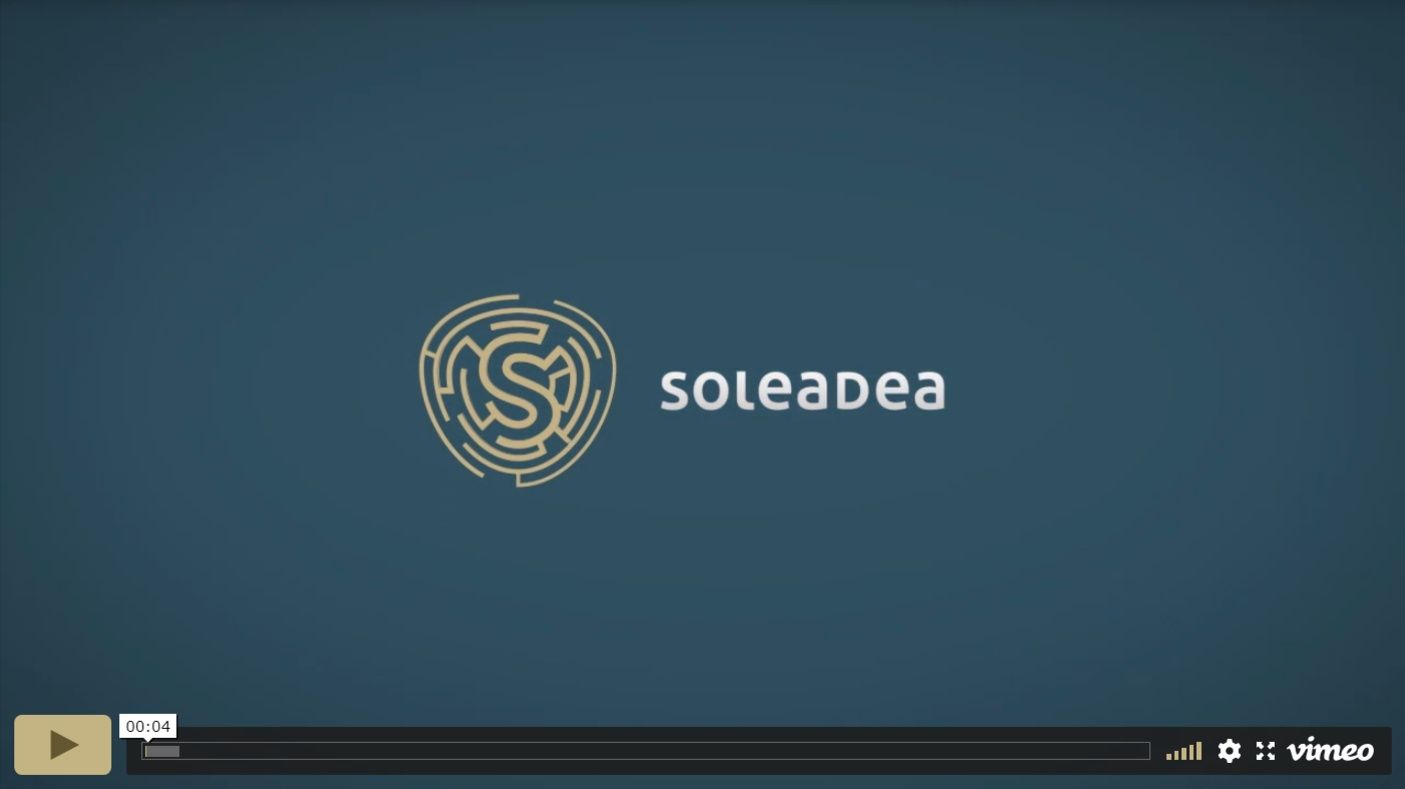Level 1 CFA® Exam:
Share Repurchase
Share repurchases are transactions in which companies buy back shares they have previously issued from their shareholders. A share repurchase (aka. share buyback) is often considered an alternative to paying out dividends (in other words an equivalent of a cash dividend). In the UK, share repurchases were introduced as recently as in the 1980s; in the US they had been allowed by law for a long time, but had hardly been used. Only in the mid-1980s did they become much more common thanks to new regulations.
In Europe and Asia relevant legislation was introduced even later: It was implemented in Japan in 1995, Germany and Singapore in 1998, and Denmark and Sweden in 2000. In many of those countries share repurchase legislation is very restrictive; some restrictions include a requirement to obtain the approval of shareholders and limits on the proportion of shares that can be repurchased.
Let's now examine the growth of share repurchases in relation to the popularity of dividends. For example, in the early 1990s, the value of share repurchases in the US was just a fraction of the value of dividends in the American market. In the early 2000s, the total value of share repurchases in the US started to outgrow the total value of cash dividends.
Share repurchases keep growing in other markets, too. Why is it so? Mostly because of the introduced regulations. But also because of 2 things that distinguish share repurchases from dividends:
- Unlike dividend payments, share repurchases are not obligatory. Therefore, a share repurchase allows a company to react to the current developments within the company itself, in its environment, and on the stock exchange. For example, a company may decide against continuing repurchase.
- Dividends are always paid out proportionally to the number of shares held, whereas, in the case of a shares repurchase, a company can buy back shares owned only by those shareholders who are willing to sell them. So it is the shareholders who decide whether or not to participate in a share repurchase.
- One reason is that a share repurchase can support share prices if a company's management feels they are undervalued in the marketplace.
- What’s more, a share repurchase is also a flexible way to pay out cash to shareholders. A company has the liberty to decide on the time and size of a share repurchase.
- Share repurchase can be also used to decrease the number of outstanding shares, e.g. a lot of employees exercise their stock options.
- Finally, if the tax rate on cash dividends in a market exceeds the tax rate on capital gains, share repurchases increase tax efficiency.
IMPORTANT: For 2023 candidates the video below is optional.
- Share repurchases are transactions in which companies buy back shares they have previously issued from their shareholders.
- A share repurchase (aka. share buyback) is often considered an alternative to the cash dividend.
- Unlike dividend payments, share repurchases are not obligatory (for example a company may decide against continuing repurchase).
- In contrast to dividends, it is the shareholders who decide whether or not to participate in a share repurchase.


